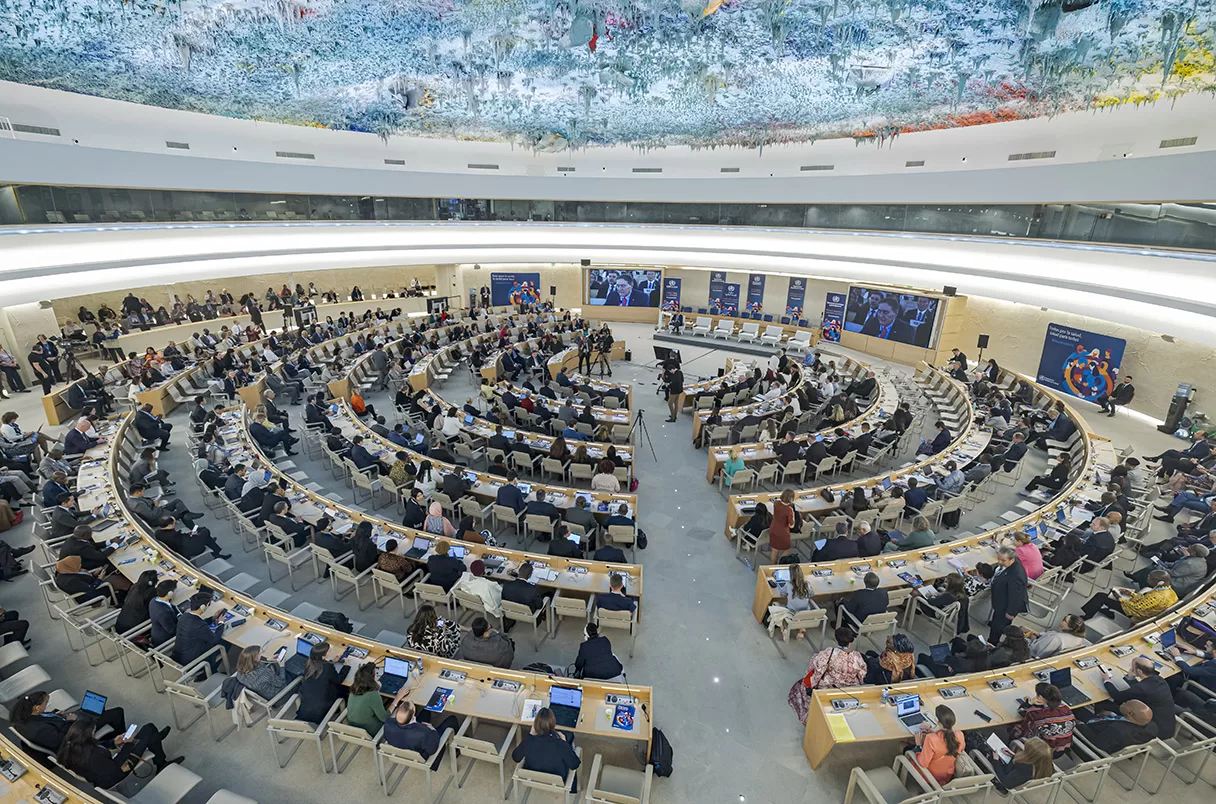
GENEVA, May 20 (WSH) — The World Health Organization (WHO) has adopted a landmark international agreement aimed at improving global readiness and cooperation in the face of future pandemics, following over three years of intense negotiations.
Dr. Tedros Adhanom Ghebreyesus, Director-General of the WHO, hailed the agreement as “a triumph of public health, science, and multilateralism,” adding that it would enable the world to better protect itself against emerging pandemic threats.
“This is a historic day,” Tedros told reporters, following the adoption of the accord during the 78th World Health Assembly. The resolution was passed late Monday by a vote of 124 in favor, with no opposing votes. Several countries—including Iran, Israel, Russia, Italy, Slovakia, and Poland—chose to abstain.
A Global Wake-Up Call After COVID-19
The new accord comes in response to the widely acknowledged global failure to contain the COVID-19 pandemic, which claimed millions of lives and devastated the global economy. The agreement calls for earlier detection of health threats, stronger international coordination, and faster deployment of emergency measures.
“This pandemic was a brutal wake-up call,” said Anne-Claire Amprou, France’s Global Health Ambassador and one of the key negotiators. “It reminded us that no country, no matter how powerful, can face global health crises alone.”
Pathogen-Sharing and Vaccine Equity at the Core
One of the agreement’s central pillars is the creation of a new Pathogen Access and Benefit-Sharing (PABS) mechanism. This system is designed to ensure rapid and systematic sharing of information related to pathogens with pandemic potential.
The accord also addresses inequities exposed during the COVID-19 crisis, particularly in vaccine access. It mandates that pharmaceutical companies participating in the mechanism must provide the WHO with access to 20% of real-time production of vaccines, treatments, and diagnostic tools during pandemics. At least 10% must be donated, and the remaining portion offered at affordable prices.
One Health, Multiple Fronts
The agreement further emphasizes a “One Health” approach—integrating human, animal, and environmental health—given that over 60% of emerging infectious diseases are zoonotic in origin.
While details of the agreement still require further negotiation and ratification by individual countries, health experts are optimistic that it lays the groundwork for a more equitable and effective global health security system.

